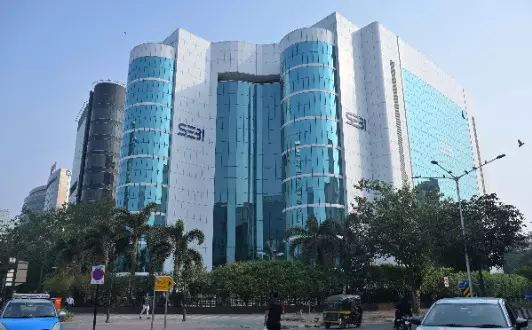Sebi mulls threshold-based framework to determine materiality of related party transactions

New Delhi: Markets regulator Sebi on Monday proposed a threshold-based framework to determine the materiality of related party transactions (RPTs), based on the annual consolidated turnover of the listed entity.
For entities with turnover up to Rs 20,000 crore, a transaction will be considered material if it exceeds 10 per cent of the annual consolidated turnover, Sebi said in its consultation paper.
In the case of entities with turnover between Rs 20,001 crore and Rs 40,000 crore, the threshold should be Rs 2,000 crore plus 5 per cent of the turnover exceeding Rs 20,000 crore.
For entities with turnover exceeding Rs 40,000 crore, the threshold will be Rs 3,000 crore plus 2.5 per cent of the turnover exceeding Rs 40,000 crore, or Rs 5,000 crore, whichever is lower.
Sebi further noted that in order to protect the interests of minority shareholders, an absolute threshold of Rs 5,000 crore as an upper ceiling has been proposed for listed entities having turnover above Rs 40,000 crore.
Under the current LODR ((Listing Obligations and Disclosure Requirements) norms, a listed entity is required to consider an RPT as material if the transaction, either individually or taken together with previous transactions during a financial year, exceeds Rs 1,000 crore or 10 per cent of the entity's annual consolidated turnover, whichever is lower, as per its last audited financial statements.
The proposal comes in response to representations received from stakeholders highlighting certain challenges with the existing norms.
Among the key concerns raised was that the current provision requiring shareholder approval for RPTs exceeding Rs 1,000 crore or 10 per cent of the consolidated turnover, whichever is lower, is onerous for listed entities with high turnover.
Additionally, stakeholders pointed out that the absolute materiality threshold of Rs 1,000 crore promotes a "one-size-fits-all" approach, as all listed entities are treated the same regardless of their turnover, operational scale, or business model.
Alongside the materiality threshold proposal, Sebi has also suggested a relaxation in the minimum information required to be furnished to the audit committee and shareholders for RPT approvals.
Under the proposal, if the total value of RPTs with a related party in a financial year, including ratified transactions, does not exceed 1 per cent of the listed entity's annual consolidated turnover or Rs 10 crore, whichever is lower, then a simplified set of disclosures may be submitted for approval.
This reduced information requirement will be less detailed than what is mandated under the current industry standards. The existing exemption for transactions up to Rs 1 crore will continue to apply.
Further, Sebi has proposed changes related to omnibus approvals for RPTs.
Omnibus approvals taken in an annual general meeting (AGM) will remain valid until the next AGM, subject to a maximum period of 15 months. Omnibus approvals obtained in any other general meeting will be valid for a period not exceeding one year.
The Securities and Exchange Board of India (Sebi) has invited public comments till August 25 on the proposals.



